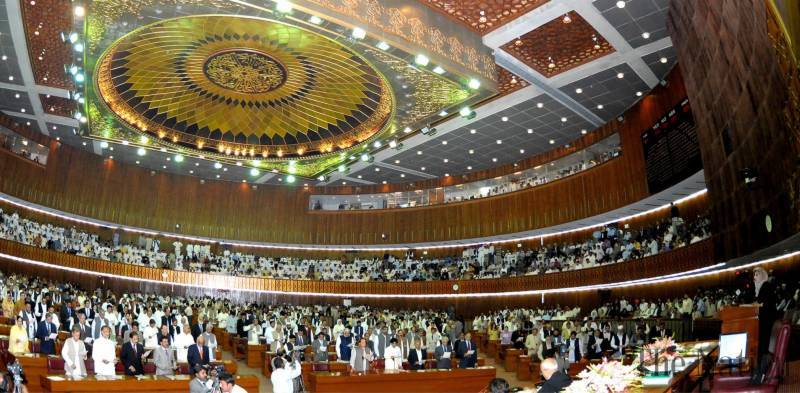Humans, since the early ages have been confronted with one major problem: what should be the best form of government? Great civilisations were ruled by either monarchy or aristocracy. Roman Empire reached its zenith under the rule of aristocrats. The Babylonians constructed wonderful cities under the Kingship of Hammurabi. Many great philosophers were proponents of aristocracy. Socrates supported aristocracy and was of the view that the art of rule is inherited in the bloodline. Similarly, rule was the divine right of the kings in the British Isles until the English Revolution.It was the French Revolution that changed the discourse of the debate and gave rise to the new form of the government. In addition to that, French Revolution led to the decline of absolute monarchies.
In the contemporary era, the debate on the forms of government in the developed world is minimal and they are steadily progressing under democratic governments. The problems lies in the under developed nations. Pakistan has a democratic system government but historically, the rule oscillated between dictators and civilians. Iran is led by a theocratic system in which all powers are vested in the office of the Supreme Leader.
Supporters of democracy believe that all the developed nations prospered under democracy and the standard of living of the people under the democratic rule is better than the states with no or weak democracy. On the other hand, according to many philosophers, there is no difference between aristocracy and democracy. In the democracy, once the government is elected for five or four years, it becomes the rule of the few and hence decisions are solely taken by few individuals. Rousseau, a French enlightenment philosopher, said the word democracy is only rightly applicable to the system in which every citizen votes on every legislative act, when the power is delegated to elected representatives. He called the system “Elective democracy”.
Pakistan, India, Canada, Australia and many other nations follow British system of government, in which the Prime Minister acts as the chief executive and Parliament as the supreme legislative body. Except Pakistan all nations with parliamentary democracy have prospered. Unfortunately, in Pakistan successive military rules have weakened the democracy and parliament.
No ideal system of government exists in the world. Every form of government has its merits and demerits. But the pros of democracy are far more than the cons. In the last two centuries all major wars were won by the side with nearer approach to democracy. World War I (WW1), World War two (WW2) and Cold War were won by a more democratic side. The reason behind this is that when a democratic nation is in warthe whole nation stands behind its government while the case is opposite when a nation led by a tyrant or a dictator is in war. Furthermore, there are less chances of a democratic nation to go into war with other states as the decision making is done after consulting all stakeholders. Another major advantage of having a democratic system is check and balance. The decisions of executive can be checked by judiciary and that of judiciary by parliament.The division of powers at different levels halts any unilateral move by state pillars.
Besides democracy, institutions play a major role in any country’s progress. Pakistan has all the institutions required for running state affairs, but despite of that the country is facing several problems. Pakistan’s finance ministry collects taxes from only two per cent of the people, its law enforcement agencies though large in numbers are struggling in maintaining the law and order. Its parliament is weak and the major decision making is done without consulting parliament. The outdated system of prosecution has resulted in the formation of military courts. The poor performance of lower judiciary results in delayed justice to the poor people and hence people solve their issues through jirga and panchayat systems.
Democracy is the best available form of government. But after democracy institutions play the major role in nation’s progress and prosperity. Vigilant masses produce strong democracy and stronger democracy results in efficient institutions. The result is a strong accountability system that ensures good service delivery to the masses.






